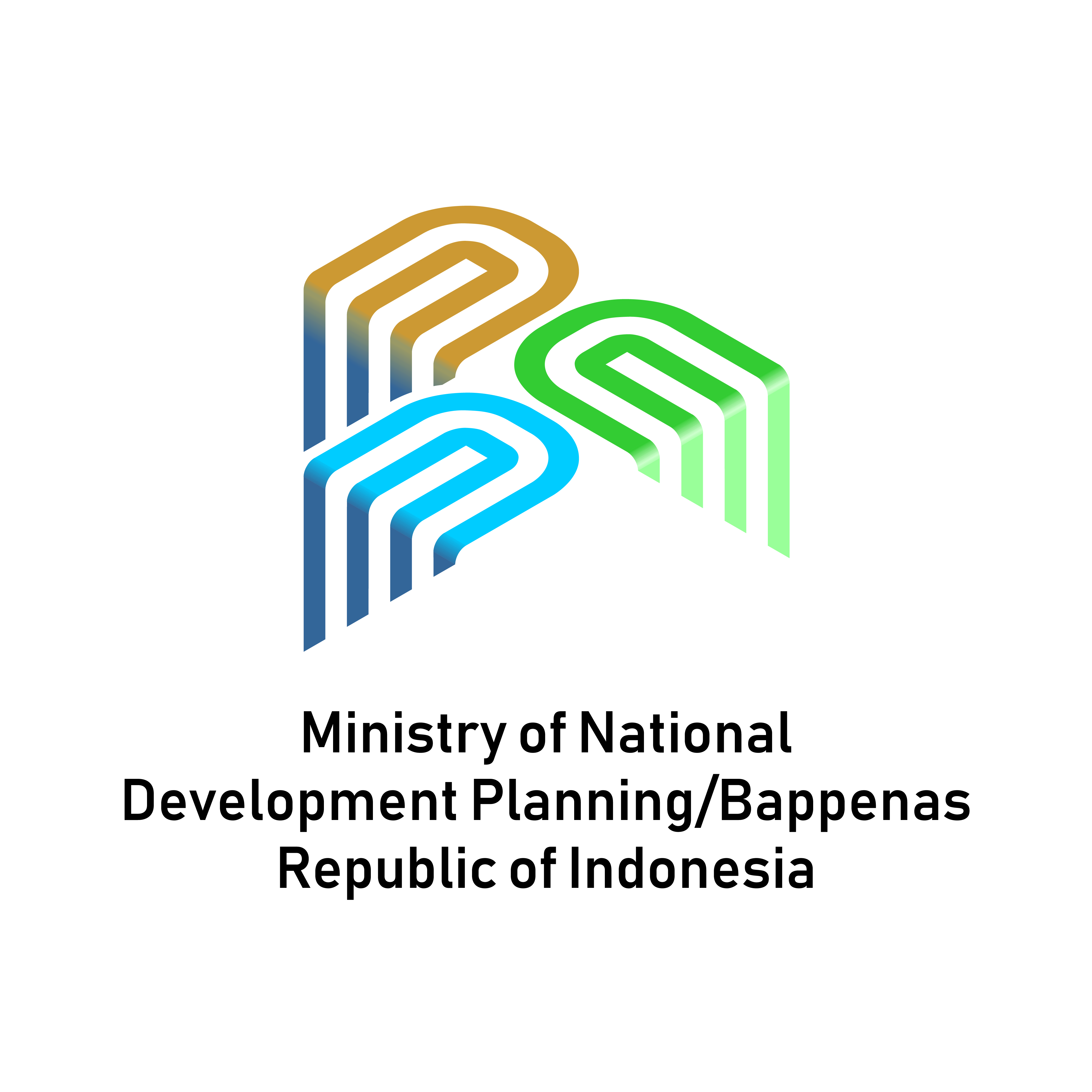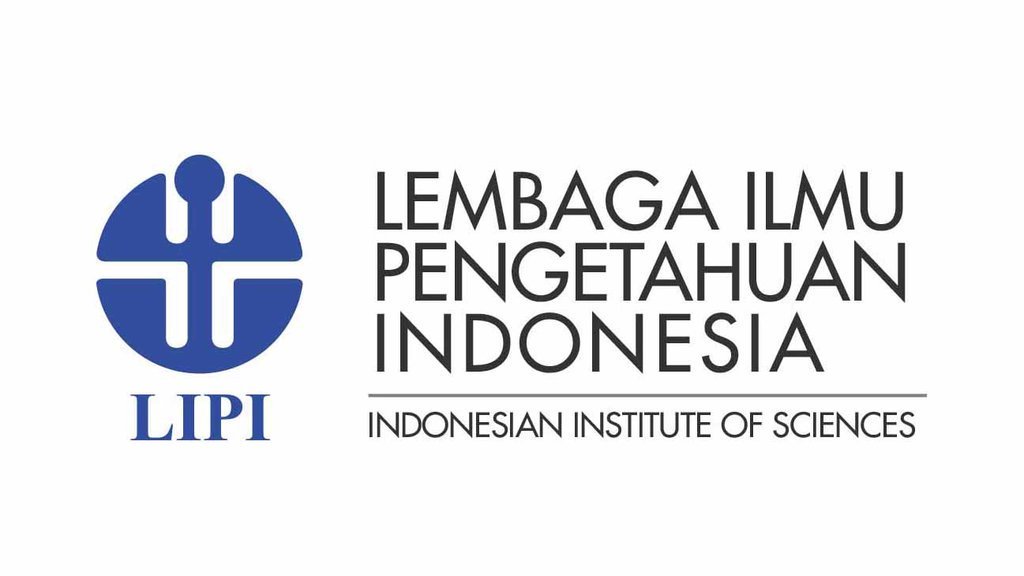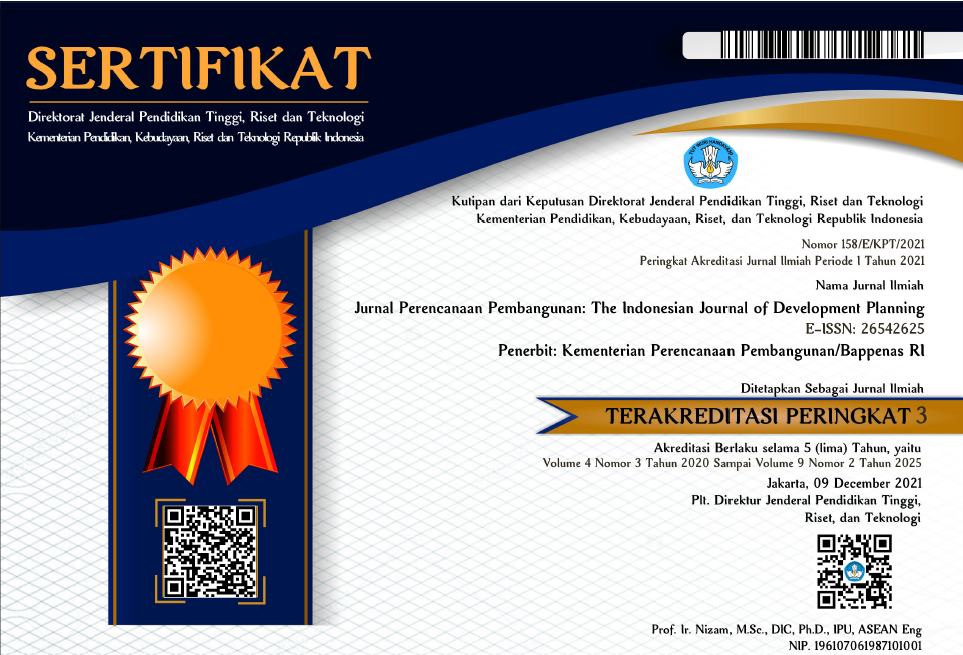The Impact Evaluation of the Authority Delegation from the District Mayor to the Department of Investment and One-Stop Service (OSS) on Economic Performance in Indonesia
DOI:
https://doi.org/10.36574/jpp.v5i1.179Keywords:
OSS, INSW, impact evaluation, DIDAbstract
This paper examines the impact of authority delegations, both licence and non-licence, from the district mayor to the Department of Investment and One-Stop Service (OSS) in the local government on Indonesia's economic performance. This authority delegation may simplify the regulation in doing business in Indonesia and create a more favorable business environment required to promote economic performance. However, this paper finds that the authority delegation has no significant impact on economic performance. A plausible underlying argument is that there are some constraints in the implementation, such as a lack of skilled personnel and weak internal governance, which impede the efforts to simplify the business regulation setting. Also, in terms of the cultural aspect, there are risk aversion behavior and a flawed perspective on entrepreneurial activities in Indonesian society, which may flourish the informal sectors with low productivity and technology, hampering the effectiveness of such reform in boosting economic performance.
Downloads
References
Bappenas 2018, Evaluasi Pelayanan Publik Non-Investasi. Evaluasi Tematik Bidang Politik, Hukum, Pertahanan dan Keamanan (Evaluation of public service non-investment. Evaluation in Politic, Law, Defence and Security). The Ministry of National Development Planning or National Development Planning Agency, Jakarta, Indonesia.
Callaway, B & Sant’Anna PHC 2019, ‘Difference in difference with multiple time period’, viewed 7 November 2019,
< http://conference.iza.org/conference_files/EVAL_2019/28549.pdf>.
Djankov, S, Porta, RL, Lopez-de-Silanes, F & Shleifer, A 2006, ‘The regulation of entry’, The Quarterly Journal of Economics, vol. 117, no. 1, pp. 1-37, viewed 7 November 2019,
< https://scholar.harvard.edu/files/shleifer/files/reg_entry.pdf>.
Domah, P, Pollitt, M & Stern, J 2003, ‘Modelling the costs of electricity regulation: evidence of human resource constraints in developing countries’, CMI Working Paper 11, viewed 7 November 2019,
<https://www.repository.cam.ac.uk/bitstream/handle/1810/325/EP11.pdf?sequence=1&isAllowed=y >
Dorojatoen, AMH 2018, ‘Adressing regional inequality: a study on regional planning in Indonesia’, The University of Western Australia.
Haidar, JI 2012, ‘The impact of business regulatory reforms on economic growth’, Journal of The Japanese and International Economies, vol. 26, no. 3, pp. 285-307, viewed 20 October 2019,
< https://scholar.harvard.edu/files/haidar/files/jjie_0.pdf>
Hermanto, B & Suryanto 2017, ‘Entrepreneurship Ecosystem Policy in Indonesia’, Mediterranean Journal of Social Sciences, vol. 8, no.1, viewed 20 October 2019,
< https://pdfs.semanticscholar.org/4c86/c2b090cb0b0057e3bc227773b2d668ca20ae.pdf>.
Kirkpatrick, C 2014, ‘Assessing the impact of regulatory reform in developing countries’, Public Administration and Development’, vol. 34, no. 3, pp. 162-168, viewed 7 November 2019,
< https://onlinelibrary.wiley.com/doi/epdf/10.1002/pad.1693>.
Law of the Republic of Indonesia Number 32 year 2004 Concerning Regional Government
North, DC 1994, ‘Economic Performance Through Time’, The American Economic Review, vol. 84, no. 3, pp. 359–368.
OECD, see Organisation for Economic Co-operation and Development.
Organisation for Economic Co-operation and Development 2015, ‘Indonesia policy brief: regulatory reform’, OECD publishing, viewed 20 October 2019,
< https://www.oecd.org/policy-briefs/indonesia-regulatory%20reform.pdf>.
? 2018, ‘SME and entrepreneurship characteristics and performance in Indonesia”, in SME and
Entrepreneurship Policy in Indonesia 2018, OECD Publishing, Paris, viewed 20 October 2019,
< https://doi.org/10.1787/9789264306264-en>.
Regulation of the President of the Republic of Indonesia Number 97 of 2014 Concerning One Stop Service.
Regulation of the Ministry of Home Affairs Number 138 by 2017 concerning the OSS Implementation Guideline in District Level.
The Ministry of Home Affairs Number 100 by 2016 Concerning the Guide of Nomenclature of Department of Investment and OSS in Province and Kabupaten/Kota.
Steer L 2006, ‘Business licensing and one stop shops in Indonesia’, The Asia Foundation, viewed 1 November 2019,
<http://businessenvironment.org/dyn/be/docs/121/Session2.1Paper2.1.2Steer.pdf>
Wing, C, Simon, K & Bello-Gomez, RA 2018, ‘Designing difference in difference studies: best practices for public health policy research’, Annual Review of Public Health, vol. 39, no. 1, pp. 453-469.
World Bank. 2005. Economic growth in the 1990s: learning from a decade of reform. Washington, DC: World Bank, viewed 10 October 2019,
<http://documents.worldbank.org/curated/en/664481468315296721/Economic-growth-in-the-1990s-learning-from-a-decade-of-reform>
? 2016. Impact evaluation in practice. Washington, DC: World Bank.
Downloads
Published
How to Cite
Issue
Section
License
This is an open-access article distributed under the terms of the Creative Commons Attribution-NonCommercial-ShareAlike 4.0 International License. Copyright © Kementerian PPN/Bappenas RI


















